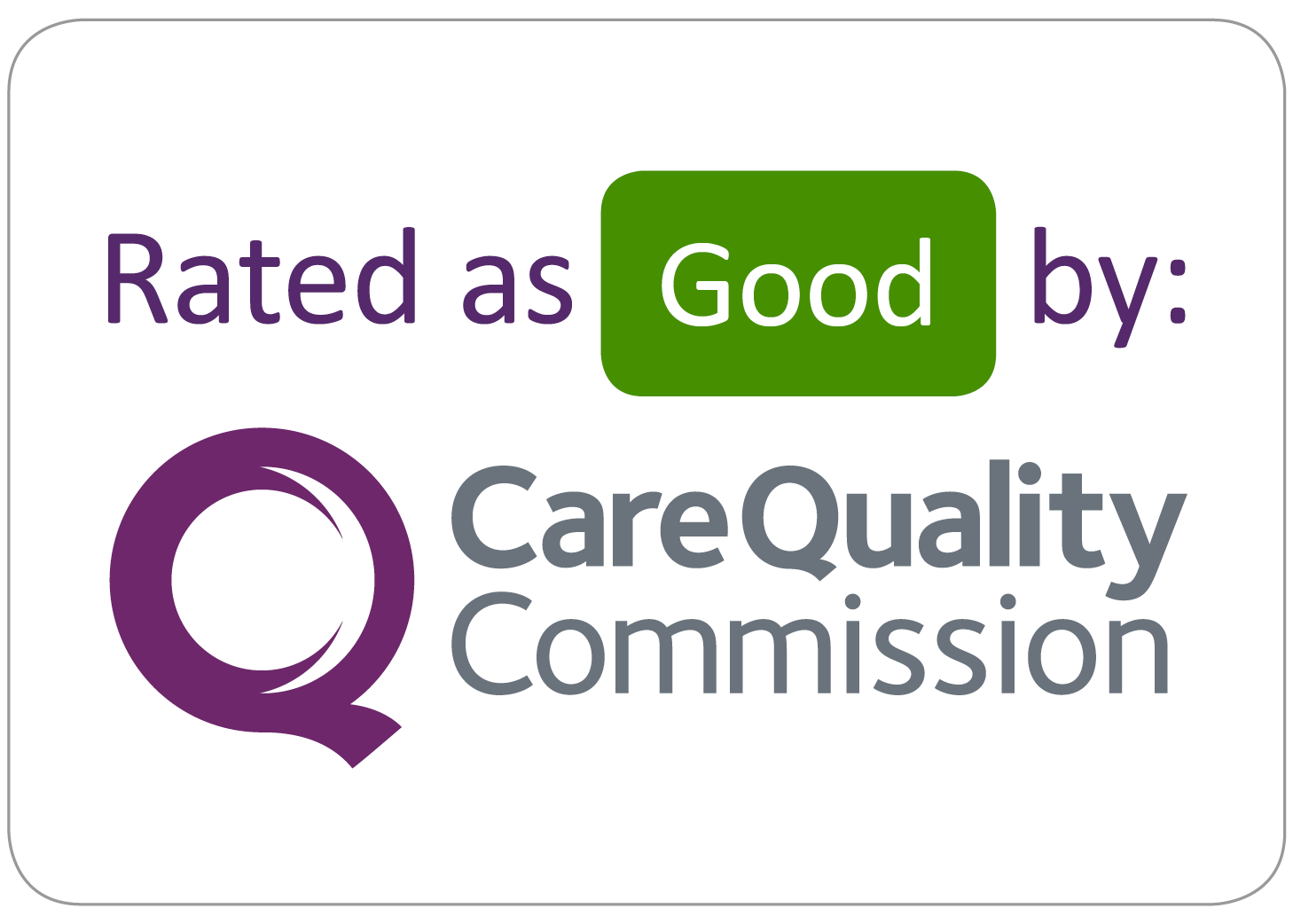Food
Eating a balanced diet and keeping a healthy body weight will help to minimise the risks.
Being over or underweight can increase the risk of issues when having your surgery.
How do I improve my diet?
Many people struggle with having a balanced diet. This might be due to life or work pressure, existing medical conditions, or habits.
Being over or underweight may impair your recovery by increasing your likelihood of complications. If you know your height and weight, then you can calculate your Body Mass Index (BMI) on the NHS website. If your BMI is too high or too low, you can help to change this by making simple changes to your lifestyle such as improving your nutrition and ensuring you get regular exercise.
Here are some things you should try to do to achieve a balanced and healthy diet:
- Eat five or more portions of vegetables/fruit a day. These provide fibre, minerals, and vitamins to help keep you healthy.
- Eat at least two portions of protein a day. This includes meat, dairy, beans, Quorn and tofu. Protein is needed to help build muscle and heal your body.
- Eat starchy carbohydrates. This includes potatoes, bread, pasta, rice, and cereals. Carbohydrates provide energy for your body to function. Eating too many carbohydrates can lead to leftover energy turning to fat, leading to weight gain. Carbohydrates are not bad for you. They are important for giving your body energy.
- Try to avoid processed foods where possible. These foods are not as good for you as the real thing because of the processes they have gone through.
- Please seek help if you have any problems that cause you a poor intake of food and drink such as swallowing, mouth or teeth problems.
- Try to limit the fat and sugar you eat – but do not cut them out completely.
- Have a healthy BMI in the range of 20-25 (kg/m²).
- It is an old saying but everything in moderation!
Why eat healthy?
There are many reasons to have a healthy diet. The foods you chose to eat can cause or add to medical issues. This could be obesity, high blood pressure and type-2 diabetes. These conditions can cause short and long-term issues for your health before surgery.
Healthy eating is not just about what you eat but it is a large part of it.
Finding the balance takes time when it comes to good eating habits. These habits will help you both physically and mentally. You will have more energy and motivation in the day. It will also improve your wellbeing too.
A well-balanced and healthy diet can be a real benefit when having surgery. A good amount of protein (meat, eggs and fish) can help you heal quicker. Lower levels of salt can help you maintain a healthy heart. These will all help with your healing process.
Top tips for healthy eating
- Eat regular meals; some people prefer smaller more frequent meals.
- Avoid sugary drinks and snacks.
- Eat the right portion size for you – using smaller plates may help with this.
- Plan your meals to include cooking fresh and healthy foods where possible.
- Choose nutritious foods that you enjoy.
- Reduce the amount of alcohol you have, as this can contain lots of calories – and sugar!
Where can I get help in my local area?
| Calderdale | Age UK's Eatwell and Livewell Scheme - Calderdale Forum 50 Plus Eat Well for Less - Calderdale and Kirklees Recovery College |
|---|---|
| Kirklees (CHFT and MYTHT) | Health Weight - Kirklees Wellness Service |
More useful links
- The NHS Eat Well website has some helpful information
- The British Dietetic Association, the body which represents dietitians in the UK, has a wealth of resources with advice on healthy nutrition
- Your GP may be able to refer you to a community dietitian service for help with your diet
- Some hospital patients are eligible for hospital dietitian support
- NHS Digital Weight Management programme: NHS England - How to access the programme
- NHS free weight loss plan: Lose weight – Better Health – NHS
- BMI calculator – NHS
- NHS Weight Loss Plan app
- NHS Food Scanner app

















